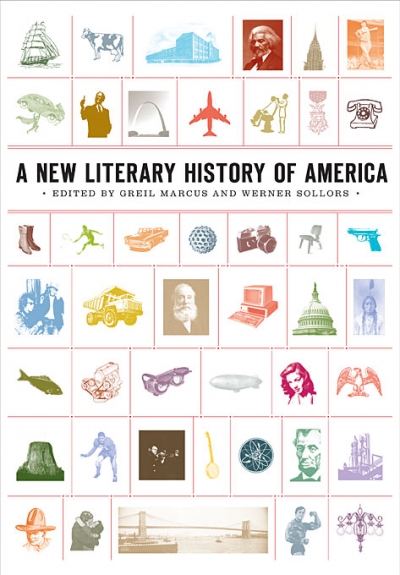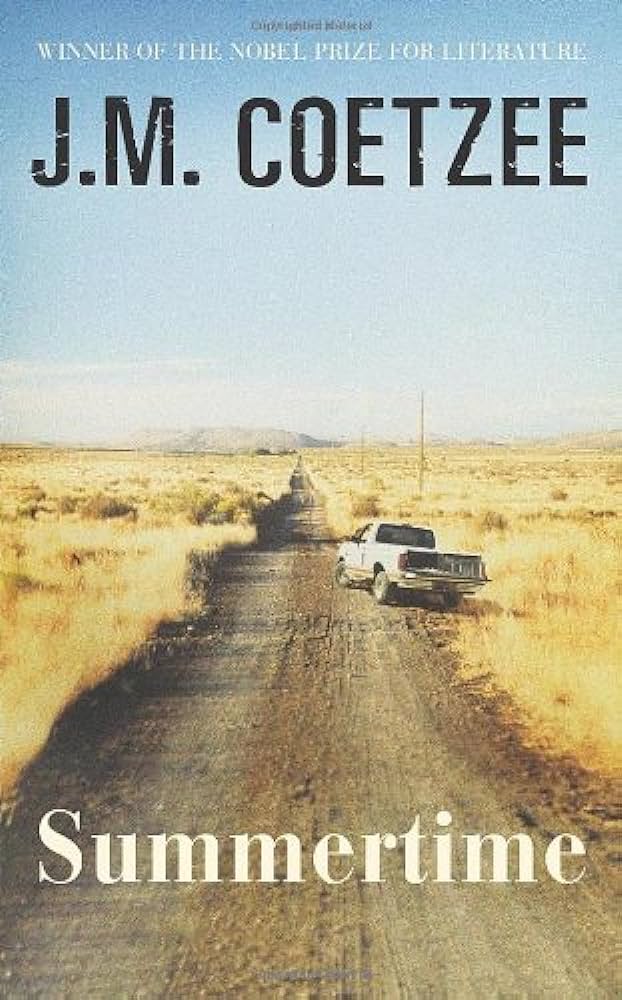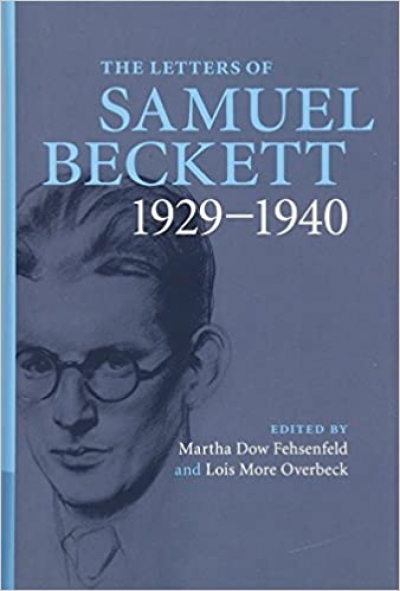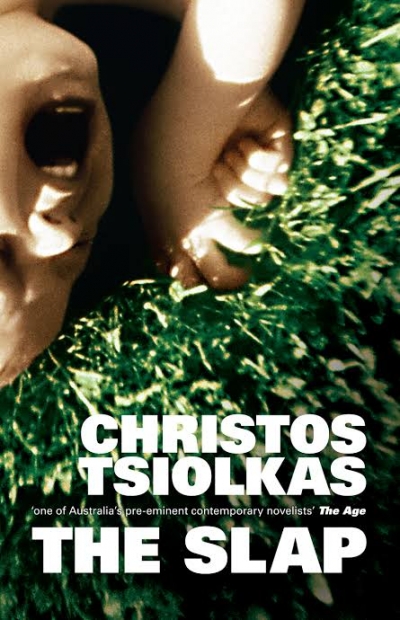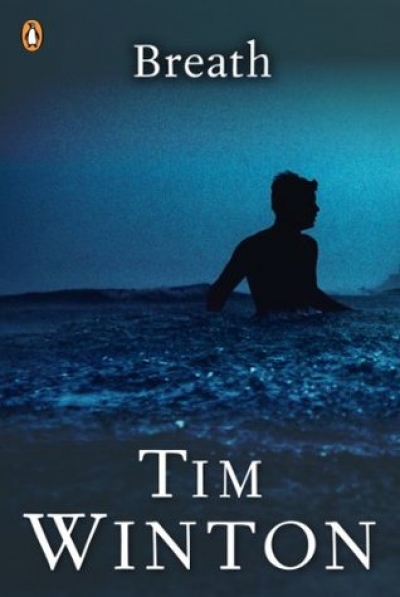James Ley
The Letters of T.S. Eliot, Volume 2: 1923–1925 edited by Valerie Eliot and Hugh Haughton
by James Ley •
A New Literary History of America edited by Greil Marcus and Werner Sollors
by James Ley •
Summertime by J.M. Coetzee & The Cambridge Introduction to J.M. Coetzee by Dominic Head
by James Ley •
The Letters of Samuel Beckett, Vol. 1: 1929–1940 edited by Martha Dow Fehsenfeld and Lois More Overbeck
by James Ley •
In The Ghost Writer (1979), the first of the nine Philip Roth novels in which Nathan Zuckerman plays a major role, the young Zuckerman uses a family squabble over an inheritance as the basis for a short story. His father is appalled. Why would Nathan depict his own family in such an unflattering light, perpetuate negative Jewish stereotypes, and give ammunition to anti-Semites? ‘You are not somebody who writes this kind of story and then pretends it’s the truth,’ his father despairs. ‘But I did write it,’ Nathan replies. ‘I am the kind of person who writes this kind of story.’
... (read more)

